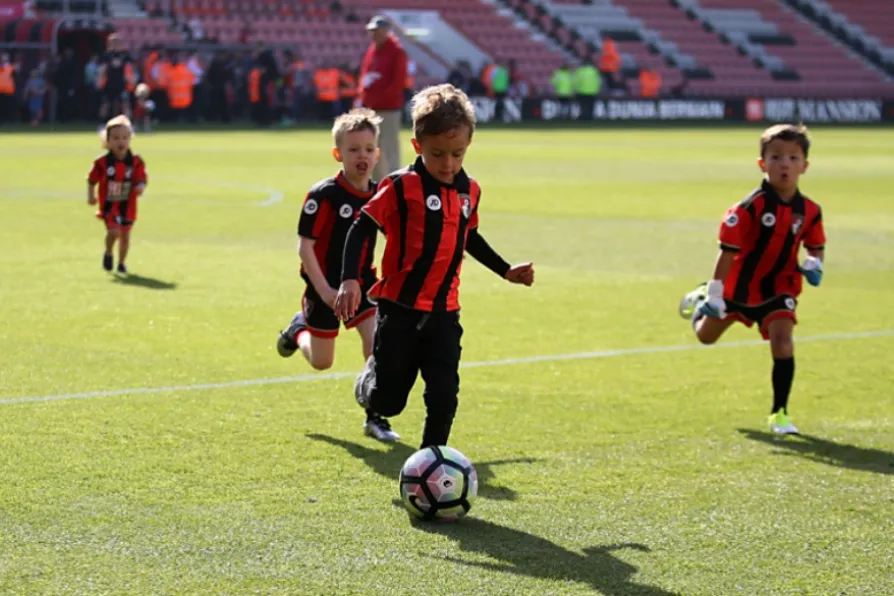US football executive has faith the rest of the world will ban heading for kids


TOP United States football executive Kevin Payne said today that the rest of the world will eventually catch up with the US pioneering ban on heading in youth football.
The Professional Footballers Association has advocated the move, which would apply to all under-10s and European football’s governing body Uefa said in January it would consider implementation if its own study provided sufficient evidence.
A major study into the long-term effects of heading and potential links to dementia and brain damage commissioned by the Football Association and PFA began two months ago, but initial findings are not expected for at least three years.
More from this author


















